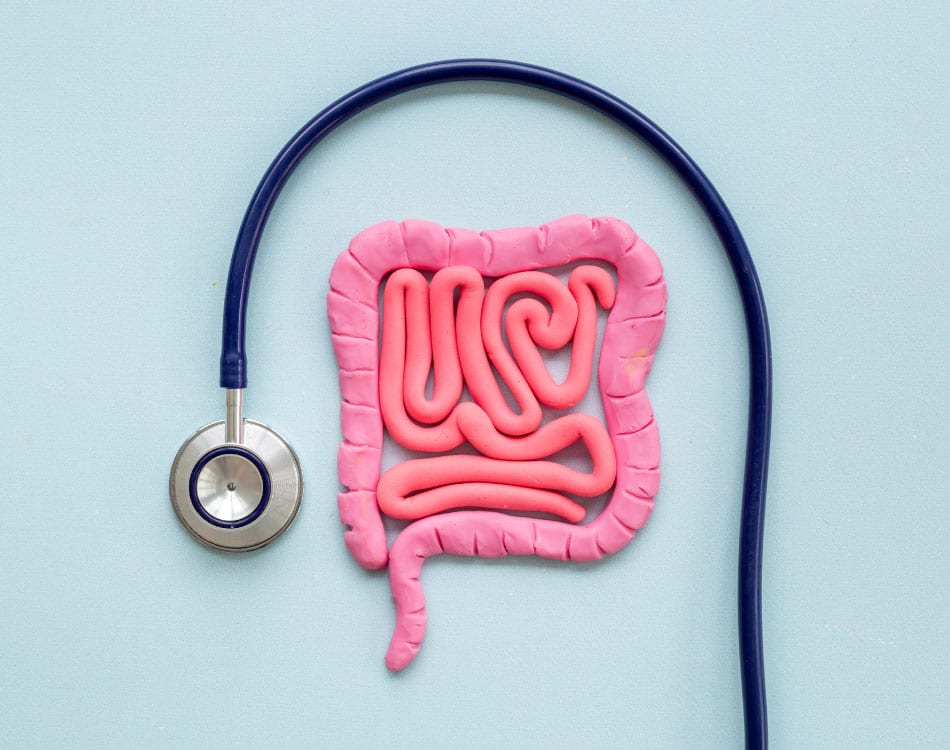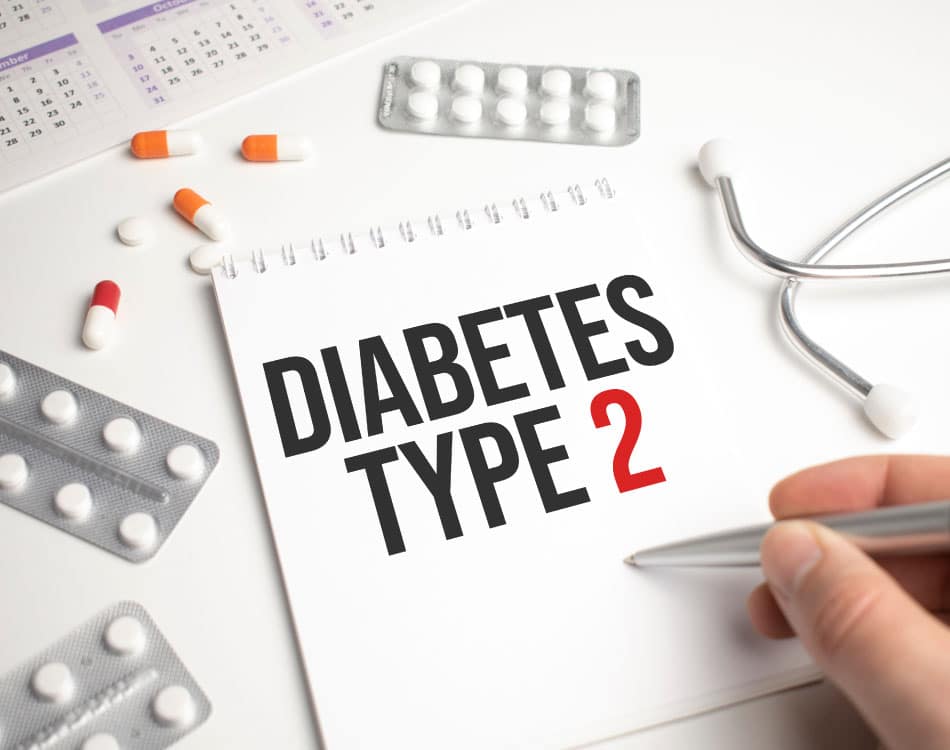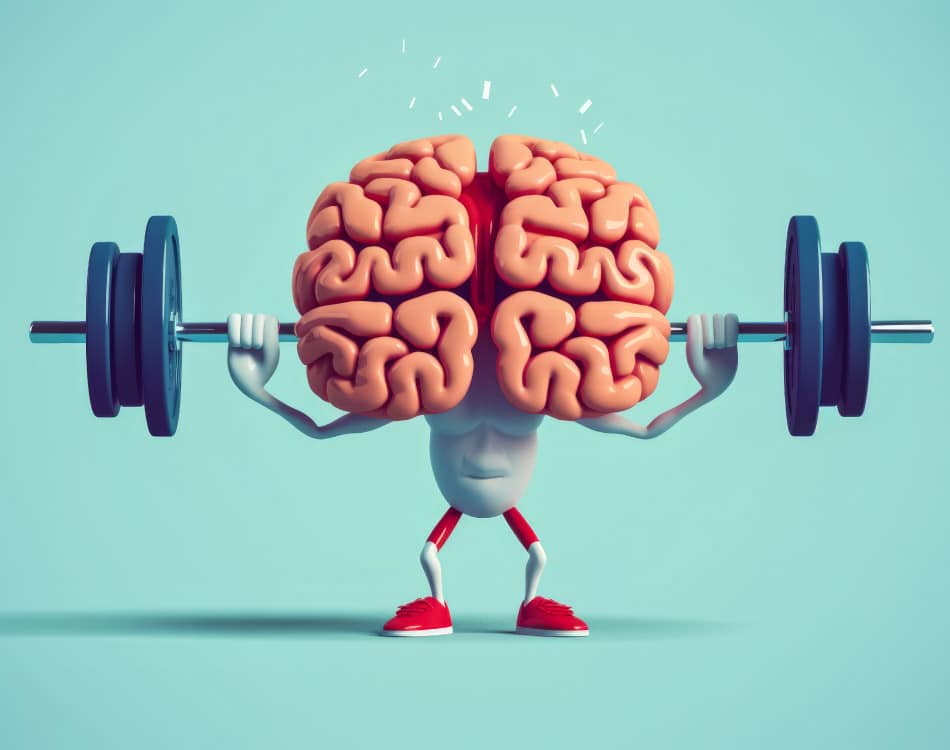Stress comes in various forms and from multiple sources in modern life and impacts our bodies in various ways, affecting hormone levels and how certain systems and organs function, including our brain and cognitive function.
From a mental and cognitive health perspective, acute bouts of stress from events like exams or chronic life stress may cause headaches, affect sleep quality and duration, and could result in psychological issues such as anxiety, sadness, anger, depression or irritability.
READ MORE | Highlighting The Importance Of Balanced Nutrition For Optimal Mental Health
Link to cognitive decline
And a recent study1 published in JAMA Network Open in March 2023 also reveals how stress can impact our cognitive health and function.
The study affirmed various physical issues linked to stress. For instance, the research found that people with elevated stress levels were 37% more likely to have poor cognition.
Based on the findings, the researchers concluded that “there is an independent association between perceived stress and both prevalent and incident cognitive impairment”.
In addition, participants exposed to elevated stress levels were more likely to have uncontrolled cardiovascular risk and poor lifestyle factors.
Additional research2,3 shows how prolonged exposure to stress or repeated exposure to stressful conditions can damage or cause regions of the brain to atrophy, leading to issues known as “executive dystfunction”.
These impairments can affect higher cognitive functions like working memory, attention, response inhibition and cognitive flexibility, which can affect a person’s ability to concentrate, control impulses, remember and plan.
Other stress-related issues that can affect our mental health and cognitive function include severe fatigue, insomnia, chronic tiredness, low motivation levels, irritability, restlessness, poor sleep quality, and poor performance.
And research3 shows how stress can aggravate neurological dysfunction caused by brain injuries and diseases such as Alzheimer’s disease, stroke, traumatic brain injury, and epilepsy, and may contribute to conditions like dementia4.
READ MORE | Stop Stressing Out! Exercise To Manage Stress In Today’s Hectic Lifestyle
Dealing with stress
Based on the potential impact on our mental health and cognitive function, it is important to find ways to manage and deal with stress, because we cannot avoid stress.
Managing stress in all its forms requires a combined approach that addresses your diet, your daily habits, and your response to stressful situations.
An ideal approach to stress management should focus on getting sufficient nutrients from wholesome foods while reducing ingredients and food sources that can impose additional stress on your body, such as excessive sugar, alcohol and processed food intakes. Limiting stimulants like caffeine, especially during stressful periods, can also help.
Regular exercise or daily activity, combined with practices like regular meditation and yoga, and sufficient recuperative and restorative rest and sleep can help you keep stress levels in check.
READ MORE | Boost Your Performance Inside And Outside The Gym With Nootropics
Nutritional support
Various supplements can also offer support and create greater resilience against stress. Dis-Chem stocks a range of supplements specifically formulated to provide stress support with a combination of ingredients that help to support the body and the immune system in its response to stress.
These formulations typically include adaptogens, which are substance that may help to support the body’s ability to resist and adapt to mental and physical stress.
Common adaptogens included in supplements include:
- Ginseng
- Rhodiola
- Ashwagandha
- Maca Root
Most adaptogens are made from plant extracts or herbs that help to restore balance in the cardiovascular, immune and nervous and hormone (endocrine) systems, usually without an physiological disturbance, side effects or toxicity.
Compliant cannabidiol (CBD) products can also help manage and provide relief from stress. Through its effect on the endocannabinoid system, a CBD product can help to reduce anxiousness, calm your mind, promote better sleep, and promote neural regeneration.
References:
- Association of Stress With Cognitive Function Among Older Black and White US Adults. JAMA Netw Open. 2023;6(3):e231860. doi:10.1001/jamanetworkopen.2023.1860
- Prefrontal cortex executive processes affected by stress in health and disease. Prog Neuropsychopharmacol Biol Psychiatry. 2018 Jul 13; 85: 161–179. Published online 2017 Jul 6. doi: 10.1016/j.pnpbp.2017.07.004
- Neurobiological Links between Stress, Brain Injury, and Disease. Oxid Med Cell Longev. 2022; 2022: 8111022. Published online 2022 May 25. doi: 10.1155/2022/8111022
- The Influence of Chronic Stress on Dementia-Related Diagnostic Change in Older Adults. Alzheimer Dis Assoc Disord. Author manuscript; available in PMC 2013 Jul 1. Published in final edited form as: Alzheimer Dis Assoc Disord. 2012 Jul; 26(3): 260–266. doi: 10.1097/WAD.0b013e3182389a9c

















Leave A Comment